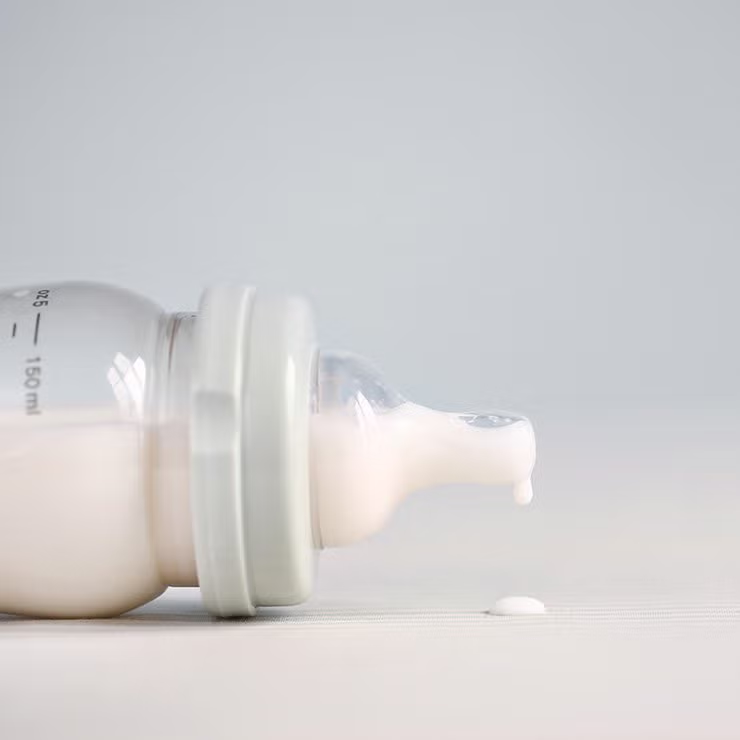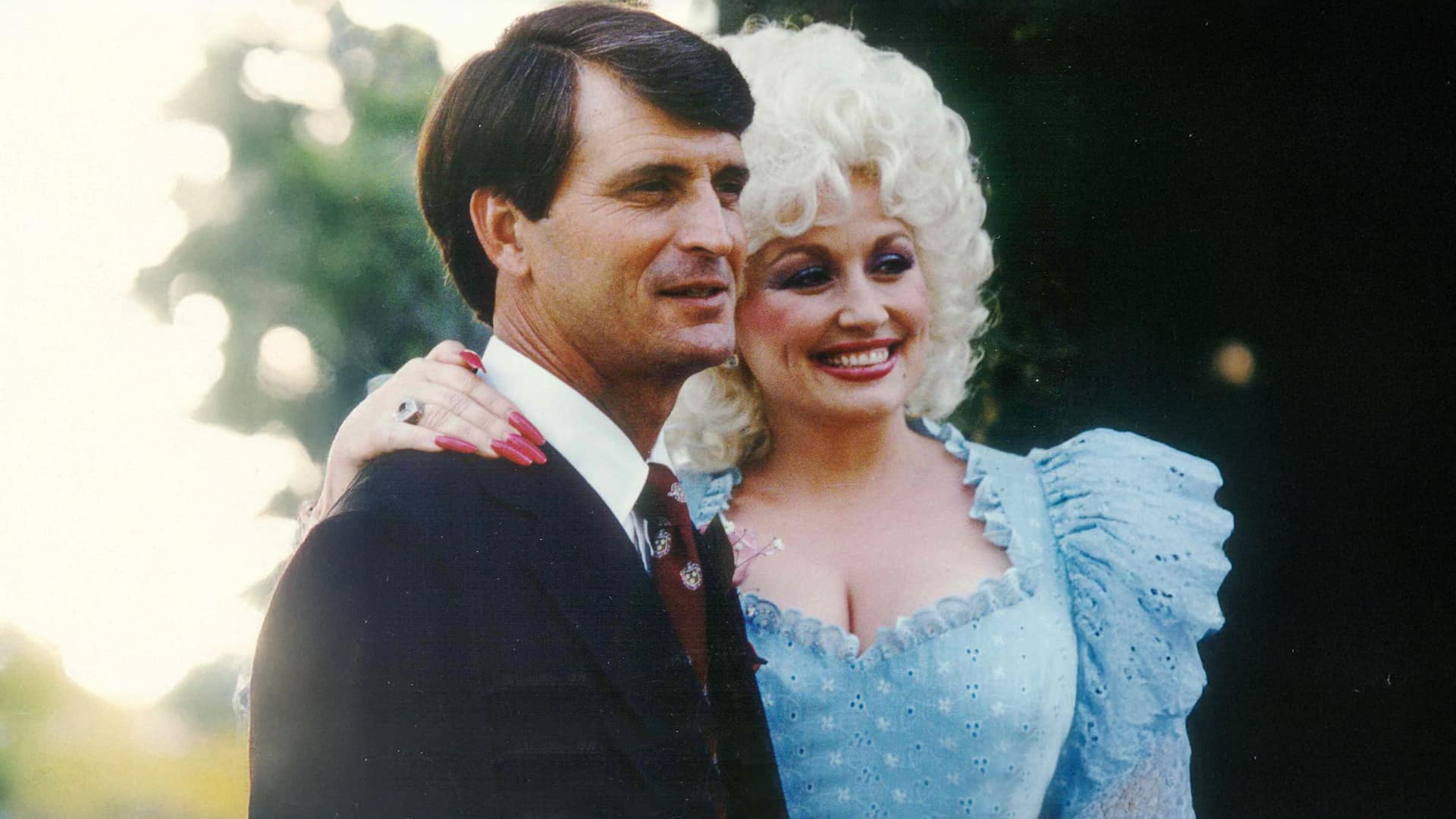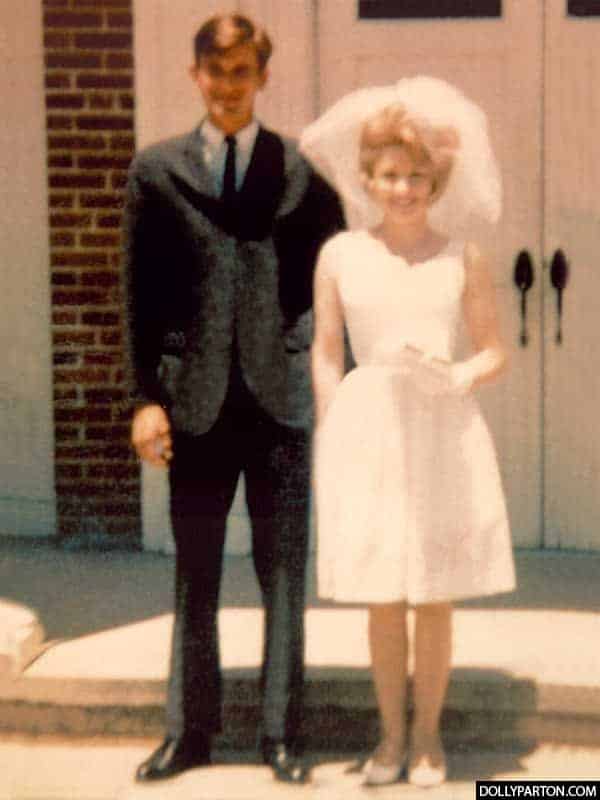A Woman’s Large Breasts Indicate That Her Vagin…See more
In today’s world, there is no shortage of myths and misconceptions about the human body, especially regarding how certain physical features may correlate with aspects of a person’s health. One common belief is that certain body characteristics, like breast size, can indicate hidden physiological traits such as fertility, health. But how much truth is there to these assumptions? In this article, we’ll explore the science behind these myths and debunk the misconceptions surrounding body features and health.
Do Larger Breasts Indicate Anything About a Woman’s Health?
One of the most prevalent myths is that women with larger breasts may have higher estrogen levels, which some believe suggests better fertility and reproductive health. While it’s true that breast development is influenced by hormones like estrogen, breast size itself does not correlate with a woman’s ability to conceive or her overall health.
Breast size is determined by several factors, including:
- Genetics: A woman’s breast size is largely inherited from her family.
- Hormones: Estrogen and progesterone influence breast development during puberty and pregnancy.
- Body Fat: Since breasts are composed mostly of fatty tissue, fluctuations in body weight can affect their size.
- Lifestyle and Nutrition: A balanced diet and good overall health can influence breast size, but this doesn’t have a direct connection to reproductive health.

Does Breast Size Affect Fertility?
The idea that larger breasts are linked to higher fertility is a misconception. Fertility is determined by a broader range of factors, including hormonal balance, overall reproductive health, and lifestyle choices. Aspects such as:
- Regular menstrual cycles
- Reproductive organ health
- Diet and exercise
- Stress management
These factors are more closely related to fertility than breast size. Studies show that while cultural biases may exist, the link between breast size and fertility is psychological rather than biological. There is no scientific evidence to support the claim that larger breasts indicate better fertility.

What About Vaginal Health?
Another myth that persists is the idea that breast size is linked to vaginal health, including factors like tightness or elasticity. In reality, vaginal health is influenced by factors such as genetics, muscle tone, childbirth, and hormonal balance—none of which are determined by breast size.
The health of the vaginal area depends on things like:
- Hygiene
- Hormonal balance
- Hydration
- Lifestyle choices

Why Do These Myths Persist?
There are several reasons why these myths continue to be widespread:
- Cultural Influence: Many societies have historically linked physical traits with fertility, personality. These associations, while long-held, are not rooted in scientific evidence.
- Media and Misinformation: Movies, social media, and casual conversations often perpetuate stereotypes and misinformation. These myths are shared and reinforced through these platforms, leading to widespread belief.
- Psychological Perception: Society tends to associate physical attractiveness with other desirable traits. This psychological bias can lead people to believe that certain body features have more significance than they actually do.
- Lack of Education: A lack of comprehensive education on human biology contributes to the persistence of these myths. Without a solid understanding of the body, many people rely on misinformation.

What Really Matters for Women’s Health?
Rather than focusing on myths and physical characteristics, women should prioritize factors that have a proven impact on their health. Here are some of the most important aspects to focus on:
- Balanced Diet: Proper nutrition supports hormonal balance, reproductive health, and overall wellness. Eating a variety of fruits, vegetables, and proteins is crucial for maintaining good health.
- Regular Exercise: Physical activity helps maintain cardiovascular health, boosts mood, and supports reproductive health by improving hormonal regulation.
- Routine Check-ups: Regular visits to healthcare providers for screenings like pap smears and breast exams are essential for early detection of health issues.
- Mental and Emotional Health: Managing stress and supporting mental well-being are essential for maintaining overall health. Stress management techniques like meditation, therapy, and self-care practices are important for maintaining a balanced life.

Conclusion: Focus on Science, Not Myths
There is no scientific evidence that supports the idea that breast size correlates with fertility, health, or any other hidden aspect of a woman’s health. Women’s health is complex, and various factors—including genetics, hormones, lifestyle, and emotional well-being—contribute to overall well-being.
Instead of perpetuating myths, we should focus on science-based, evidence-backed knowledge. By prioritizing a healthy lifestyle, supporting mental health, and promoting body positivity, we can foster better well-being for women of all body types. It is important to recognize that every woman’s body is unique, and health is not determined by any single physical feature.
Reliable Sources for Further Reading:
- Mayo Clinic – Healthy Lifestyle: Comprehensive information on nutrition, exercise, and overall health. (Mayo Clinic)
- The American College of Obstetricians and Gynecologists (ACOG): Guidance on fertility, reproductive health, and regular screenings. (ACOG)
- National Institute of Health – Breast Cancer and Health: Information on breast health and understanding risk factors. (NIH)
- WebMD – Women’s Health: Covers a variety of topics from reproductive health to mental wellness. (WebMD)
By focusing on accurate, science-based information, we can move beyond myths and better understand our bodies in a healthier, more informed way.

In the world of glitz, glamour, and ever-changing celebrity romances, Dolly Parton and Carl Dean’s love story stands out as something truly rare. Their marriage was built on privacy, mutual respect, and an unbreakable bond—one that lasted nearly six decades.
While Dolly has spent her life in the spotlight, Carl Dean chose a different path, remaining almost entirely out of public view. And yet, through all of Dolly’s success, Carl was always there—supporting her, loving her, and proving that a great love story doesn’t have to be on display for the world to see.

Dolly Parton had just arrived in Nashville in 1964, an 18-year-old dreamer ready to make it big in country music. She barely had time to settle in before fate intervened in the most unexpected place—a Wishy Washy laundromat.
Carl Dean, a Nashville native, happened to be driving by and spotted Dolly. Something about her caught his attention.
“I was just walking down the street when he hollered at me,” Dolly once recalled. “Being from the country, I spoke to everybody. And he came over and, well, it was Carl, my husband.”
Carl later said he knew immediately that Dolly was “the one.”
“My first thought was, ‘I’m gonna marry that girl.’ My second thought was, ‘Lord, she’s good-lookin’.’ And that was the day my life began.”
Dolly was initially hesitant—after all, she had just moved to Nashville and wasn’t looking for a relationship. But Carl was persistent. He showed up every day that week, sitting with her on the porch while she babysat her nephew.
By 1966, Dolly and Carl were deeply in love. But not everyone was thrilled about their plans to marry.
Dolly’s record label at the time didn’t think a newlywed country singer would be easy to market. They tried to convince her to postpone the wedding for the sake of her career.
Dolly listened—but only for a little while. Instead of waiting, she and Carl slipped away to Ringgold, Georgia, where they could get married quickly without much fuss.
The ceremony was as private as their relationship for the next six decades—just Carl, Dolly, the pastor, his wife, and Dolly’s mother.
